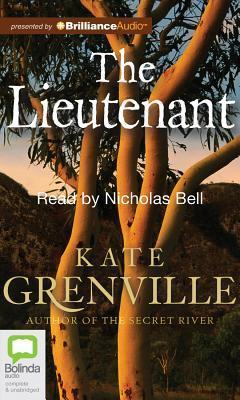What do you think?
Rate this book


MP3 CD
First published December 31, 2007
Was this what Galileo had felt, turning his telescope to the night sky and seeing stars that no one had seen before?
What had passed between Tagaran and himself had gone far beyond vocabulary or grammatical forms. It was the heart of talking; not just the words and not just the meaning, but the way in which two people had found common ground and begun to discover the true names of things.
This exchange was not a language lesson. It was a conversation. For the first time, he and Tagaran were on the same side of the mirror of language, simply speaking to each other. Understanding went in both directions. Once two people shared a language, they could no longer use it to hide.
What he had not learned from Latin and Greek he was learning from the people of New South Wales. It was this: you did not learn a language without entering into a relationship with the people who spoke it with you. His friendship with Tagaran was not a list of objects … It was the slow constructing of the map of a relationship.
The names of things, if you truly wanted to understand them, were as much about the spaces between the words as they were about the words themselves. Learning a language was not a matter of joining two points with a line. It was a leap into the other.